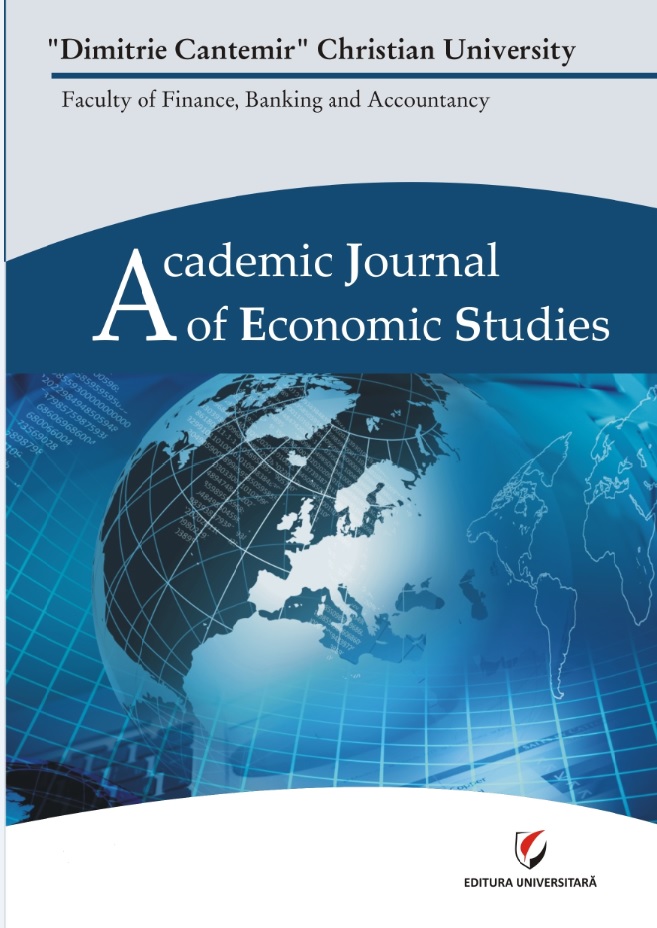Assessing the Asymmetry of the Exchange Rate Pass-Through to Inflation in West African Commonwealth Countries
Assessing the Asymmetry of the Exchange Rate Pass-Through to Inflation in West African Commonwealth Countries
Author(s): Ibrahim Abdulhamid Danlami, Sallahuddin Hassan, Mohamad Helmi Bin HidthiirSubject(s): National Economy, Public Finances, Socio-Economic Research
Published by: Editura Universitară & ADI Publication
Keywords: ARDL; commonwealth; exchange rate; inflation; NARDL;
Summary/Abstract: The research investigated the exchange rate pass-through (ERPT) to inflation and its asymmetry in West African Commonwealth Countries (WACCs). The research employed Autoregressive Distributed Lag (ARDL) and Non-linear ARDL (NARDL) on WACCs data for a period 1980–2016. The results of the symmetry (ARDL) show that, during the short-run, there is no evidence of ERPT in Nigeria, though, after one-year ERPT has a disinflationary effect. Meanwhile, complete ERPT exists in Ghana, the Gambia, and Sierra Leone. In the long-run, complete ERPT exists in all the countries, the Gambia having the highest ERPT followed by Nigeria and Sierra Leone. Ghana has the lowest ERPT in the long run. The results of the asymmetry (NARDL) reveal that during the short run, in Nigeria, there is no evidence of ERPT based on the positive but positive ERPT that exists based on the negative shocks. Evidence of positive ERPT exists in the rest of the countries based on both the positive and negative shocks. On the other hand, the long-run asymmetric results reveal that both the positive and the negative shocks result in positive ERPT to inflation in all the countries. These imply that exchange rate fluctuations are inflation, and its stabilization is necessary to combat inflation in all the countries.
Journal: Academic Journal of Economic Studies
- Issue Year: 6/2020
- Issue No: 1
- Page Range: 93-109
- Page Count: 17
- Language: English

